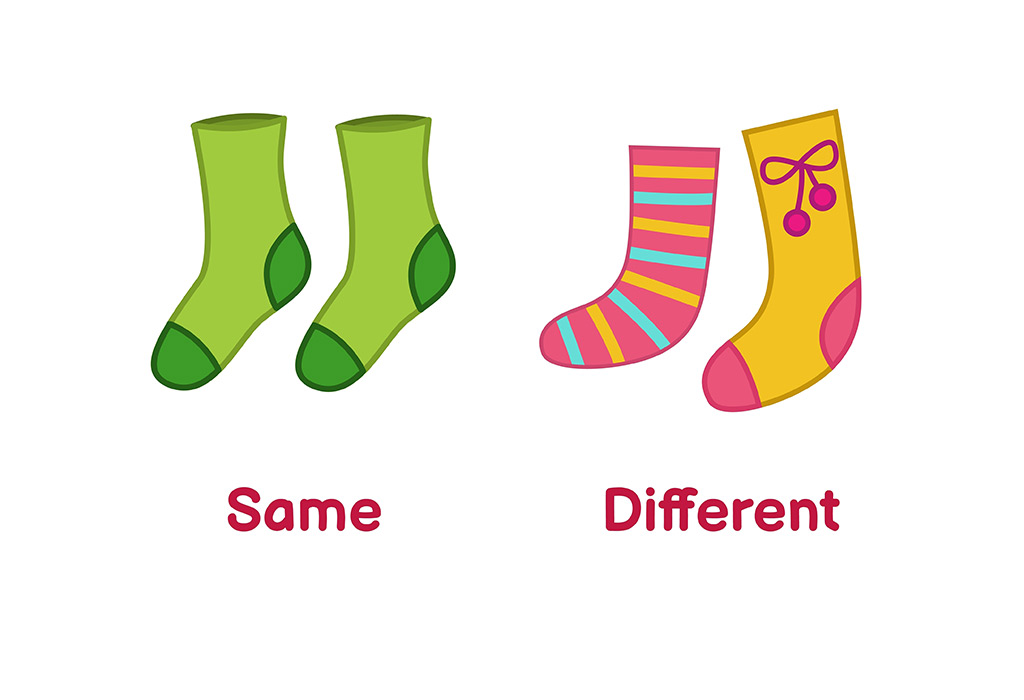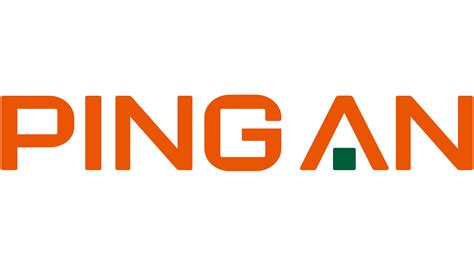Whats Insurance

Insurance is a fundamental concept that plays a crucial role in our daily lives, providing financial protection and peace of mind in the face of uncertainty. It is a contractual agreement between an individual or entity, known as the policyholder, and an insurance company, where the insurer agrees to compensate the policyholder for specific losses or damages in exchange for regular premium payments.
The history of insurance can be traced back to ancient civilizations, where early forms of risk-sharing practices were implemented. However, modern insurance as we know it today evolved over centuries, with significant milestones shaping the industry into what it is now. From marine insurance policies in the 17th century to the establishment of life insurance companies in the 18th century, the industry has grown exponentially, offering a wide range of coverage options to meet various needs.
The Importance of Insurance

Insurance serves as a vital tool for managing financial risks, offering protection against potential losses that could otherwise be devastating. Whether it’s safeguarding your health, protecting your assets, or ensuring business continuity, insurance provides a safety net, allowing individuals and businesses to focus on their goals without the constant worry of unforeseen circumstances.
For individuals, insurance is often a necessity, providing coverage for life, health, property, and liability. Life insurance, for instance, offers financial security to loved ones in the event of the policyholder's untimely demise. Health insurance, on the other hand, covers medical expenses, ensuring access to quality healthcare without the burden of substantial out-of-pocket costs.
Businesses also rely heavily on insurance to mitigate risks and ensure stability. Property and casualty insurance protects against losses due to fire, theft, or natural disasters, while liability insurance safeguards against legal claims and lawsuits. Additionally, specialized insurance products, such as business interruption insurance, provide coverage for lost income during unexpected disruptions, helping businesses stay afloat during challenging times.
How Insurance Works

The insurance process involves several key components, each playing a crucial role in the risk management and compensation framework.
Risk Assessment and Underwriting
Insurance companies employ expert underwriters who assess the risks associated with each policy. This involves evaluating the likelihood and potential impact of various events, such as accidents, illnesses, or property damage. By analyzing data and historical trends, underwriters determine the level of risk and set premiums accordingly.
For instance, when applying for life insurance, the insurer will consider factors like age, health status, and lifestyle habits to assess the individual's risk of premature death. Based on this assessment, the insurer will determine the premium amount, ensuring that the policy is both affordable for the policyholder and sustainable for the insurer.
Premium Payments
Policyholders are required to pay regular premiums to maintain their insurance coverage. These premiums are typically paid monthly, quarterly, or annually, depending on the policy terms. The premium amount is determined by the level of risk assessed during the underwriting process and is tailored to the specific coverage needs of the policyholder.
It's important to note that premiums can vary significantly between insurance companies and policies. Factors such as the scope of coverage, deductibles, and additional benefits can all impact the premium amount. It's essential for policyholders to carefully review their options and choose a policy that provides adequate coverage at a reasonable cost.
Claims Process
When a policyholder experiences a covered loss or damage, they can file a claim with their insurance company. The claims process involves submitting documentation and evidence to support the claim, such as police reports, medical records, or repair estimates. The insurer will then evaluate the claim, assess the extent of the loss, and determine the appropriate compensation amount.
Insurance companies aim to process claims promptly and fairly, ensuring that policyholders receive the benefits they are entitled to. However, the claims process can sometimes be complex and time-consuming, especially for larger or more complex claims. It's crucial for policyholders to understand their policy terms and conditions and to communicate effectively with their insurer during the claims process to ensure a smooth resolution.
Types of Insurance
The insurance industry offers a vast array of coverage options to cater to the diverse needs of individuals and businesses. Here are some of the most common types of insurance:
Life Insurance
Life insurance provides financial protection to the policyholder’s beneficiaries in the event of their death. There are two main types of life insurance: term life insurance, which offers coverage for a specific period, and permanent life insurance, which provides lifelong coverage and accumulates cash value over time.
Term life insurance is often more affordable and suitable for individuals with short-term financial obligations, such as young families or those with significant debt. Permanent life insurance, on the other hand, is more expensive but offers lifelong protection and can be used as an investment vehicle, providing both death benefits and cash value accumulation.
Health Insurance
Health insurance covers medical expenses, including doctor visits, hospital stays, prescription drugs, and other healthcare services. It helps individuals access necessary medical care without incurring substantial out-of-pocket costs. Health insurance plans vary in terms of coverage, deductibles, and network providers, allowing individuals to choose a plan that aligns with their healthcare needs and budget.
In many countries, health insurance is provided through a combination of public and private systems. Government-sponsored healthcare programs, such as Medicare or Medicaid in the United States, offer coverage to specific populations, while private insurance companies provide a range of plans for individuals and families.
Property Insurance
Property insurance protects against losses or damages to personal property, such as homes, vehicles, and valuables. It provides coverage for various perils, including fire, theft, vandalism, and natural disasters. Property insurance is crucial for individuals and businesses alike, as it helps cover the costs of repairing or replacing damaged property.
Homeowners insurance is a common type of property insurance, providing coverage for the structure of the home, personal belongings, and liability protection. It typically includes additional living expenses coverage, which helps policyholders cover the costs of temporary housing if their home becomes uninhabitable due to a covered event.
Auto Insurance
Auto insurance provides coverage for vehicles, protecting against losses or damages resulting from accidents, theft, or natural disasters. It is mandatory in most countries and is essential for protecting both the policyholder and others on the road. Auto insurance policies typically include liability coverage, collision coverage, and comprehensive coverage, offering a comprehensive level of protection.
Liability coverage is a critical component of auto insurance, as it protects the policyholder against claims made by others for bodily injury or property damage caused by the policyholder's vehicle. Collision coverage covers the cost of repairing or replacing the policyholder's vehicle after an accident, while comprehensive coverage provides protection against non-collision events, such as theft or natural disasters.
The Future of Insurance
The insurance industry is constantly evolving, driven by technological advancements and changing consumer needs. Here are some key trends and developments shaping the future of insurance:
Digital Transformation
The digital age has revolutionized the insurance industry, with insurers embracing technology to enhance the customer experience and streamline operations. Online insurance platforms and mobile apps have made it easier for individuals to compare policies, obtain quotes, and manage their coverage. Additionally, insurers are leveraging data analytics and artificial intelligence to improve risk assessment and personalize coverage options.
With the rise of digital insurance, policyholders can expect faster and more efficient claim processes, as well as increased transparency and accessibility. Insurers are also exploring the use of blockchain technology to enhance data security and streamline insurance transactions, further improving the overall customer experience.
Personalized Insurance
The future of insurance lies in personalization, with insurers tailoring coverage options to meet the unique needs of each policyholder. By leveraging advanced data analytics and machine learning, insurers can offer customized policies that consider individual risk factors and lifestyle choices. This shift towards personalized insurance allows policyholders to obtain coverage that is not only more affordable but also better aligned with their specific circumstances.
For instance, health insurance companies are using wearable technology and health tracking apps to gather data on policyholders' lifestyle habits and health status. Based on this data, insurers can offer incentives and discounts to policyholders who maintain healthy lifestyles, while also providing more accurate risk assessments and personalized coverage recommendations.
Insurtech Innovations
Insurtech, a term used to describe the intersection of insurance and technology, is driving significant innovation in the industry. Startups and established insurers are collaborating to develop new products and services that leverage cutting-edge technologies. From telematics-based auto insurance, which uses data from vehicle sensors to assess driving behavior and offer personalized premiums, to parametric insurance, which uses data-driven triggers to quickly pay out claims for specific events, insurtech is transforming the way insurance is delivered and consumed.
Additionally, insurtech companies are exploring the use of artificial intelligence and machine learning to automate certain aspects of the insurance process, such as risk assessment and claim processing. By leveraging these technologies, insurers can improve efficiency, reduce costs, and provide faster and more accurate services to their policyholders.
Conclusion

Insurance is a vital component of modern life, providing financial protection and peace of mind to individuals and businesses alike. From life and health insurance to property and auto coverage, the insurance industry offers a wide range of solutions to manage various risks. As the industry continues to evolve, driven by technological advancements and changing consumer needs, policyholders can expect increased personalization, enhanced digital experiences, and innovative coverage options.
By understanding the importance of insurance and staying informed about the latest trends and developments, individuals and businesses can make informed decisions when it comes to protecting their assets, health, and financial well-being. Insurance is not just a necessary expense but a strategic tool for managing risks and ensuring a secure future.
How do I choose the right insurance policy for my needs?
+Choosing the right insurance policy involves careful consideration of your specific needs and circumstances. Start by identifying the types of coverage you require, such as life, health, or property insurance. Evaluate your risk factors and financial situation to determine the level of coverage you need. Compare policies from different insurers, considering factors like coverage limits, deductibles, and additional benefits. It’s also crucial to read the policy documents thoroughly to understand the terms and conditions, exclusions, and any potential limitations.
What happens if I need to make a claim on my insurance policy?
+If you need to make a claim on your insurance policy, the first step is to contact your insurer and provide them with the necessary information and documentation to support your claim. This may include police reports, medical records, repair estimates, or any other relevant evidence. The insurer will then evaluate your claim, assess the extent of the loss, and determine the appropriate compensation amount based on your policy terms and conditions. It’s important to communicate openly with your insurer throughout the claims process to ensure a smooth resolution.
Are there any tax benefits associated with insurance policies?
+The tax benefits associated with insurance policies can vary depending on the type of policy and your specific jurisdiction. In many countries, life insurance premiums are tax-deductible, providing a financial advantage to policyholders. Additionally, certain types of insurance, such as health insurance or property insurance, may offer tax deductions or credits for eligible expenses. It’s advisable to consult with a tax professional or financial advisor to understand the specific tax benefits available in your situation.
How can I ensure I’m getting the best value for my insurance premiums?
+To ensure you’re getting the best value for your insurance premiums, it’s essential to shop around and compare policies from multiple insurers. Look for policies that offer comprehensive coverage at a competitive price. Consider the reputation and financial stability of the insurer, as well as their customer service and claims handling processes. Additionally, explore options for bundling multiple policies with the same insurer, as this can often result in discounts and savings. Regularly reviewing and updating your insurance coverage to reflect your changing needs and circumstances is also crucial to ensure you’re getting the best value.



